Global Gathering of Waqf Leaders
On 26 July 2025, Awqaf Africa hosted its July Monthly Talk, bringing together 110 participants from across the globe via Google Meet. The session ran from 9:00 PM to 10:40 PM (GMT+8) and offered rich insights into the future of Islamic leadership in waqf.
We welcomed Zeinoul Abedien Cajee — Co-founder and former CEO of the National Awqaf Foundation of South Africa, Deputy General Secretary of the World Zakat and Waqf Forum, and a valued Awqaf Africa Advisory Board Member.https://www.awqafsa.org.za/
In addition, we were honoured to host:
Ibrahim Abdul Mugis, President of Awqaf Africa
Datuk Dr. Mohd Ghazali Md Noor, General Secretary of the World Zakat and Waqf Forum
H.E. Muhammad Lawal Maidoki — Chairman of Azawon Nigeria, Deputy General Secretary of the World Zakat and Waqf Forum, Executive Chairman of Sokoto State Zakat and Waqf, and Advisory Board Member of Awqaf Africa

Key Highlights from the Talk
1. Reviving Prophetic Leadership in Modern Waqf
Zeinoul highlighted the urgent need to align waqf institutions with Prophet Muhammad’s (PBUH) values — Amanah (trustworthiness), Adalah (justice), and Rahmah (compassion). Moreover, he emphasised that leaders must embrace transparency, effective governance, and ethical leadership to overcome today’s challenges.
2. Defining Ethical, Future-Ready Leadership
He outlined the qualities of a future-ready Islamic leader: visionary thinking, strong ethics, and technological competence. Furthermore, Zeinoul stressed that leadership rooted in transparency, accountability, and empathy will ensure waqf institutions thrive not only locally but also on a global scale.
3. Strengthening Governance and Policy Reform
The discussion also stressed the importance of good governance and clear policies for waqf reform. In particular, Zeinoul called for updated waqf laws, professional boards, and strategic national alignment. As a result, waqf institutions will be able to meet modern challenges with greater efficiency. Additionally, he encouraged active stakeholder engagement and open communication to build trust.
4. Building Capacity in African Waqf Institutions
Zeinoul urged African waqf leaders to strengthen governance, legal frameworks, and operational systems. In addition, he encouraged using digital tools and forming strategic partnerships with governments, NGOs, and donors. Consequently, these measures can generate income, increase community participation, and create lasting impact.
Conclusion
The session closed with a call for waqf institutions to uphold ethics, transparency, and accountability. Therefore, by applying Maqasid al-Shariah, waqf can continue to serve as a powerful model of social justice and sustainable community development.
About Awqaf Africa
Awqaf Africa plays a pivotal role in reviving waqf as a force for positive change across Africa. Moreover, with a focus on leadership, governance, and capacity building, it empowers communities and drives sustainable social growth through the waqf system.

Awqaf Africa is a prominent organization dedicated to empowering communities across the African continent. Established to foster sustainable development and social welfare, Awqaf Africa focuses on harnessing the potential of endowments (awqaf) to drive positive change. Through strategic initiatives, partnerships, and impactful projects, Awqaf Africa endeavors to address socio-economic challenges and promote prosperity within African societies.
- Choose your favourite cause
- Register to our website !
- Donate the amount you like
- Stay tuned about cause

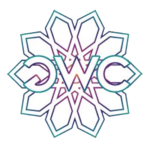
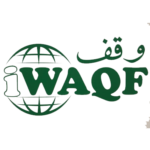
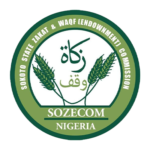
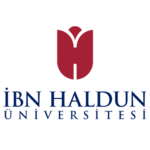
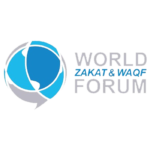
Leave a Reply